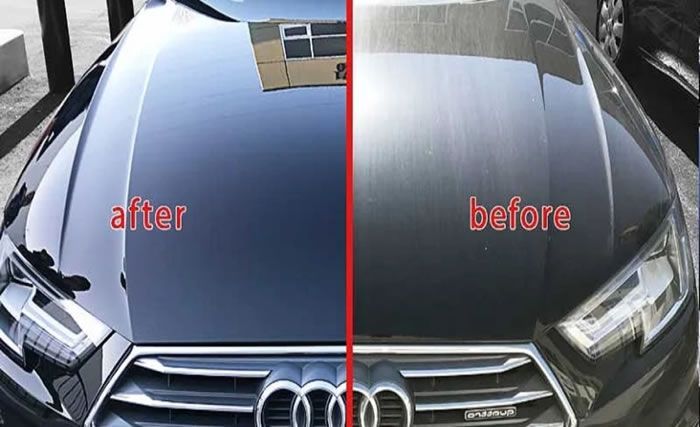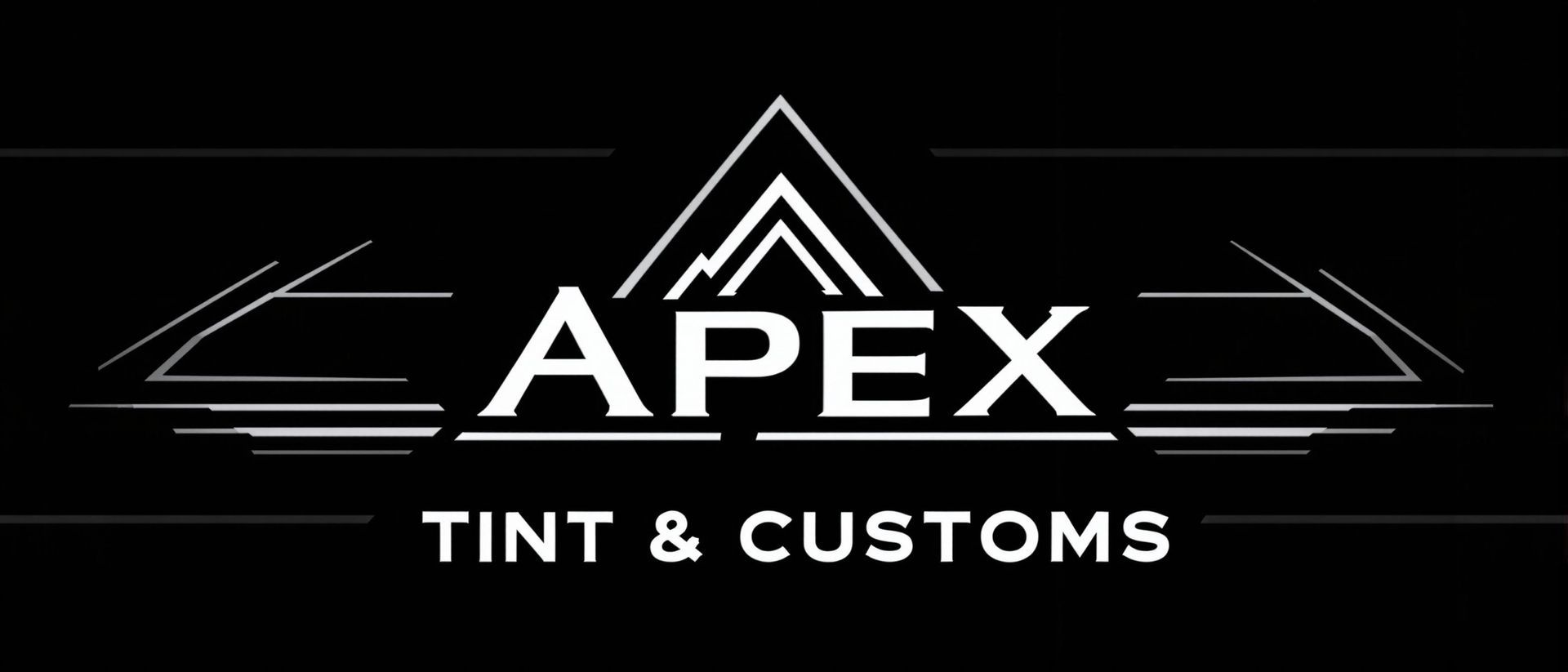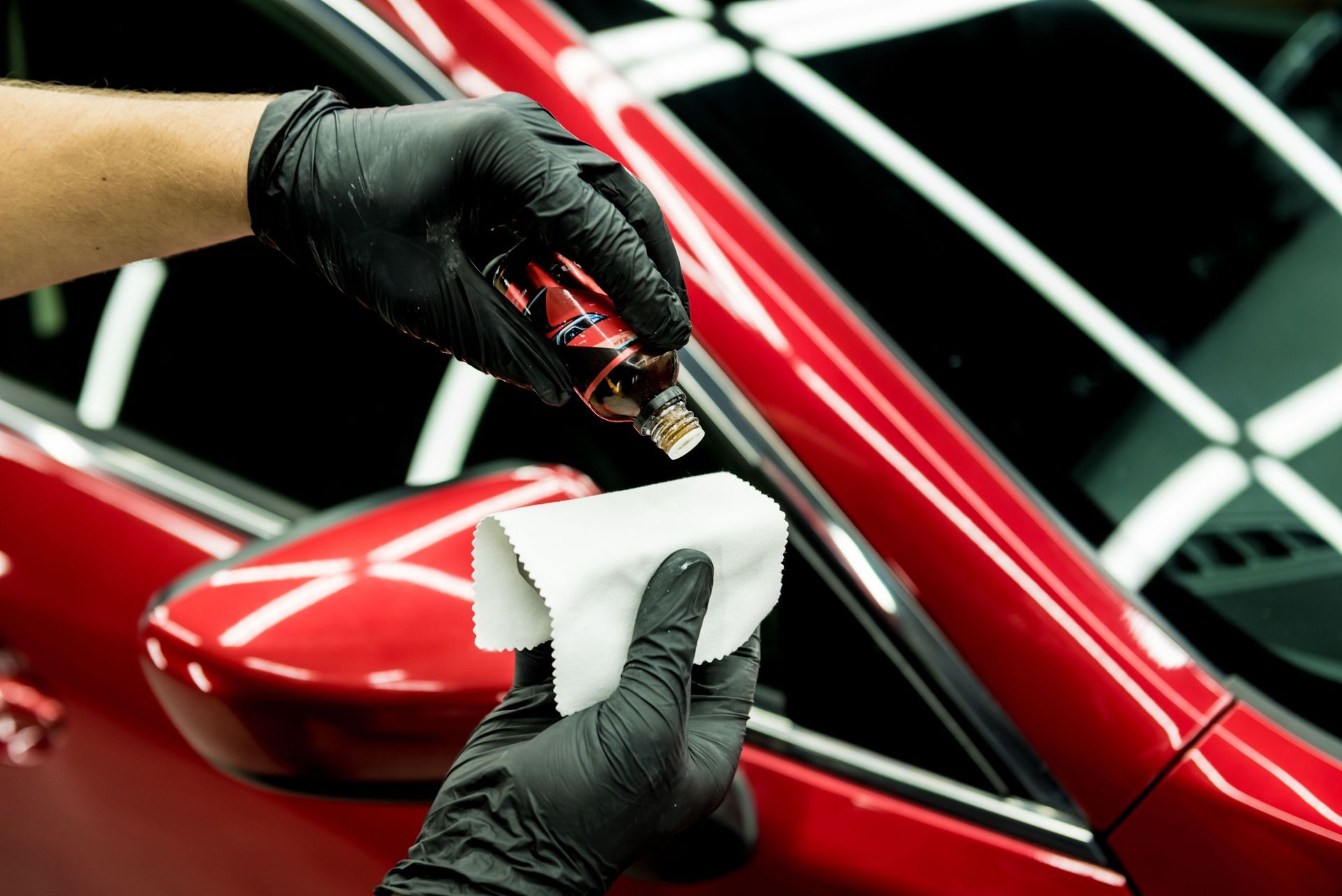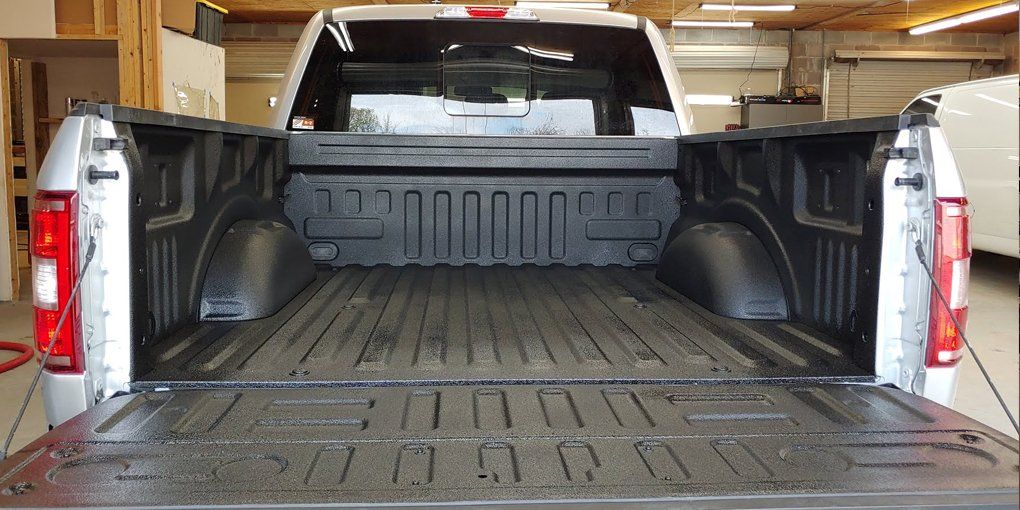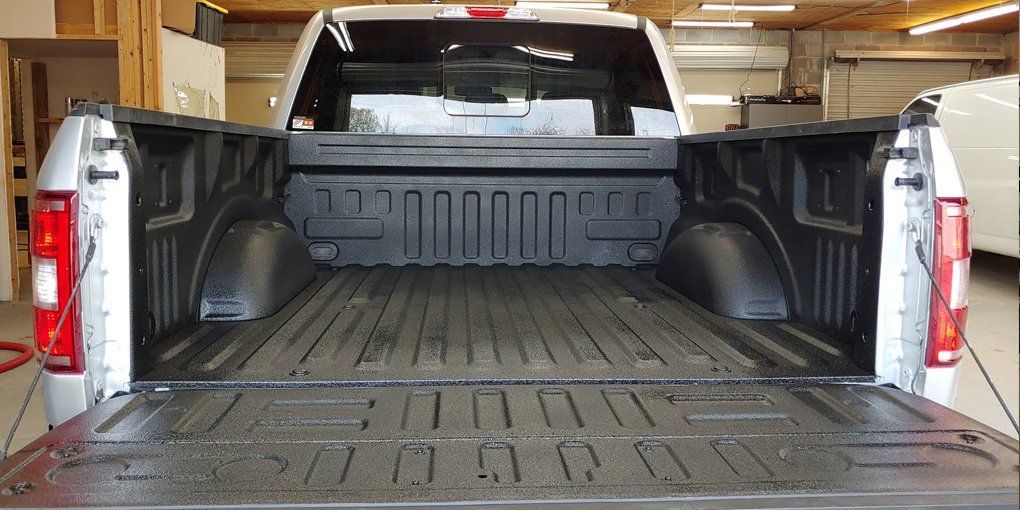11513 Lebanon Rd,
Mt. Juliet, TN 37122
(Behind the bicycle shop, next to Burger King)
Ultimate Guide to Tint
Guide to Window Tint

The Ultimate Guide to Window Tint: What You Need to Know
When it comes to enhancing your vehicle or home, window tinting is a popular choice that offers a range of benefits, from aesthetic appeal to practical advantages. Whether you're looking to improve privacy, reduce heat, or protect your interior, understanding the different types of window tint can help you make the best decision. In this guide, we'll explore the various types of window tint, their benefits, and what to consider when choosing the right option for you.
What is Window Tint?
Window tint refers to a thin film applied to glass surfaces, typically used to reduce the amount of sunlight that enters a vehicle or building. Tints come in various shades, colors, and materials, each offering different levels of heat rejection, UV protection, and privacy.
Types of Window Tint
Ceramic Tint
Composition: Made from advanced ceramic particles.
Benefits: Known for its exceptional heat rejection and UV protection. It won't interfere with electronic signals, making it a great choice for modern vehicles equipped with GPS and other technology.
Appearance: Generally neutral, allowing for darker shades without a reflective look.
Cost: Typically the most expensive option, but many consider it worth the investment for its performance.
Carbon Tint
Composition: Made from carbon particles.
Benefits: Offers good heat rejection and UV protection. It has a matte finish that resists fading over time, making it a durable option.
Appearance: Sleek and modern, with a non-reflective look.
Cost: Mid-range, providing a balance between affordability and performance.
Dyed Tint
Composition: Created by layering dye between adhesive and a protective outer layer.
Benefits: Primarily for aesthetics, providing a darker look. It offers some UV protection but less heat rejection compared to other types.
Appearance: Can fade over time, leading to a purplish hue.
Cost: Generally the least expensive option, ideal for budget-conscious consumers.
Metallic Tint
Composition: Contains metal particles that reflect sunlight.
Benefits: Good heat rejection and glare reduction, along with enhanced privacy.
Appearance: Reflective finish, which can be noticeable.
Cost: More expensive than dyed tints, and may interfere with electronic signals.
Hybrid Tint
Composition: A combination of dyed and metallic or carbon materials.
Benefits: Offers a balance of aesthetics and performance.
Appearance: Varies by brand, providing a mix of features.
Cost: Typically falls between dyed and metallic tints.
Benefits of Window Tinting
Heat Reduction: Tints can significantly lower the temperature inside your vehicle or home, making it more comfortable and reducing the need for air conditioning.
UV Protection: Most window tints block up to 99% of harmful UV rays, helping to protect your skin and prevent fading of your interior furnishings.
Enhanced Privacy: Tinted windows can provide a level of privacy, making it difficult for outsiders to see inside your vehicle or home.
Glare Reduction: Tints can minimize glare from sunlight, improving visibility and comfort while driving or relaxing indoors.
Aesthetic Appeal: Tints can enhance the look of your vehicle or home, giving it a sleek, polished appearance.
Choosing the Right Tint
When selecting window tint, consider the following factors:
Local Laws: Check your local regulations regarding window tinting. Different regions have specific laws about how dark you can tint your windows.
Purpose: Determine your primary reason for tinting—whether it’s for heat reduction, privacy, aesthetics, or all of the above.
Budget: Consider how much you’re willing to spend. While higher-quality tints may cost more upfront, they often provide better performance and durability.
Conclusion
Window tinting is an effective way to enhance comfort, style, and protection for your vehicle or home. By understanding the different types of tints available and their benefits, you can make an informed decision that meets your needs. Whether you opt for ceramic, carbon, dyed, metallic, or hybrid tint, you’ll enjoy the numerous advantages that window tinting has to offer. Ready to tint your windows? Consult with a professional to find the perfect solution for your situation!

